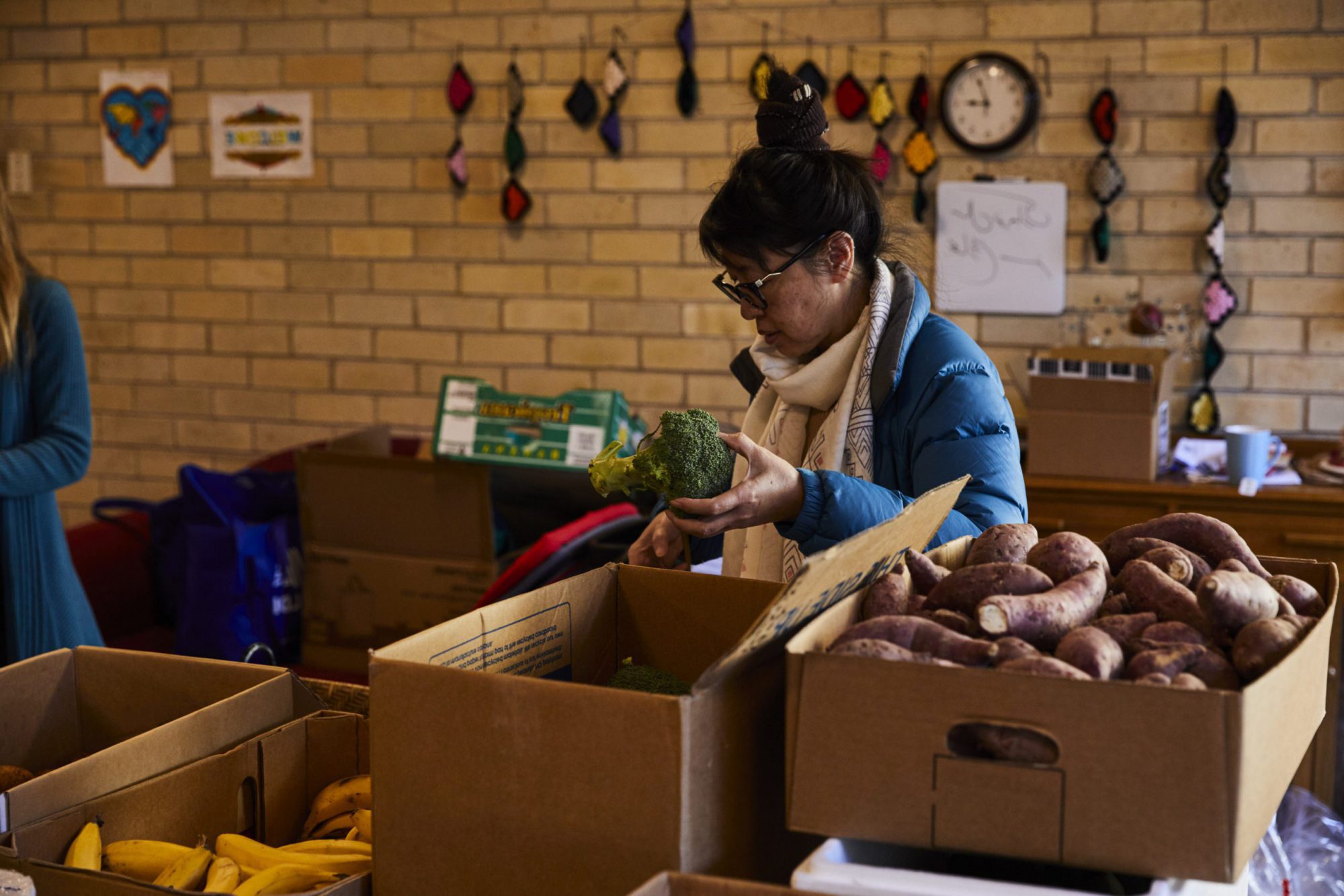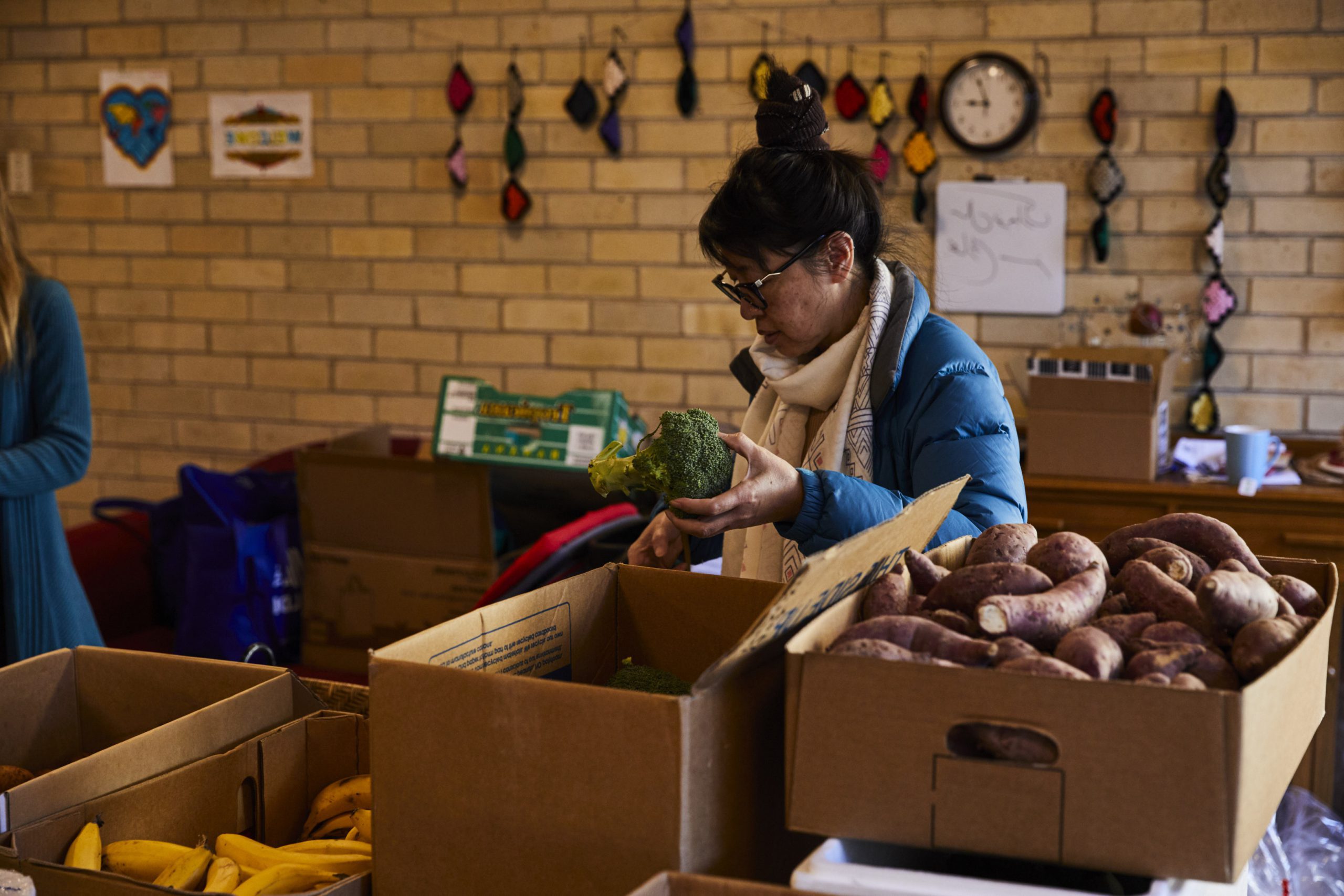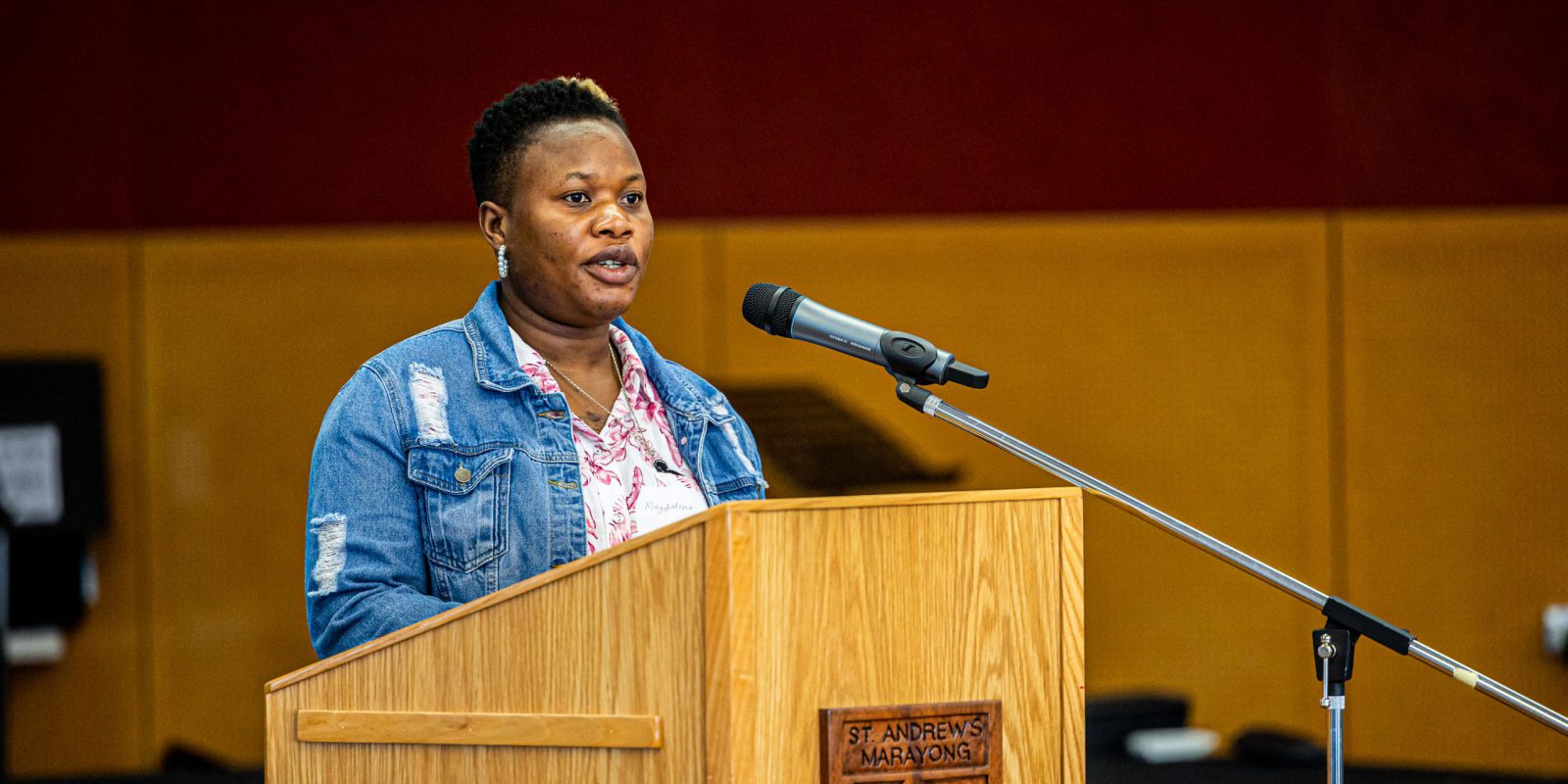
Rental Crisis
JRS Australia has made an important submission to the Senate Inquiry into the worsening rental crisis in Australia.
We know from our experience working and consulting with refugees, people seeking asylum and migrants in situations of vulnerability, that they are directly and disproportionately affected by the worsening rental crisis in Australia.
Most of the people we serve have spent many years on temporary visas without access to a social safety net and often without work rights. Consequently, we witness widespread destitution, increasingly characterised by vulnerability to housing precarity, homelessness and rough sleeping.
Consequently, we have taken the opportunity in our submission to the Inquiry into the Worsening Rental Crisis in Australia to:
- Detail the challenges faced by refugees, people seeking asylum, and migrants in situations of vulnerability in relation to the housing and rental crisis; and
- Call on the Federal Government to implement key recommendations to alleviate these challenges.
How does the rental crisis affect people seeking asylum, refugees and migrants in situations of vulnerability?
Visa status and processing
JRS has previously produced a research report with Dr Elizabeth Conroy of Western Sydney University called ‘A Place to Call Home’, which was released in December 2021. Please see it in full here.
One key finding of the report was that challenges associated with Australia’s refugee status determination procedure were direct drivers of homelessness, because they affect the capacity of people seeking asylum to achieve financial security, by restricting work rights and access to support services.
Specifically, restricted access to and sudden exits from the Status Resolution Support Service (SRSS) program, which is intended to provide temporary needs-based support to people awaiting an outcome on immigration matters, impedes the capacity of people seeking asylum to be financially secure.
Rental unaffordability was found to be the most challenging aspect of financial difficulty, with people choosing to receive rental assistance over assistance with food.
Impact of COVID-19
In our experience, people seeking asylum and others on temporary visas who had found employment were disproportionately impacted by the COVID-19 pandemic as they were often the first to be laid off because they were excluded from JobKeeper and JobSeeker subsidies. Upon losing their income, many families fell into significant rental arrears and often faced eviction.
Women and children in situations of domestic and family violence (DFV)
Women in these circumstances face immense challenges in securing safe, suitable and affordable housing for themselves and their children, including not being able to access a financial safety net, not being able to work full time, and not being eligible for refuge accommodation. Increasingly, we have witnessed women returning to perpetrators when they cannot see another way to avoid homelessness.
Recommendations
Our Recommendations to the Federal Government were comprehensive and centred on:
- access to income for refugees, people seeking asylum and migrations in situations of vulnerability;
- access to social and emergency housing for refugees, people seeking asylum and migrations in situations of vulnerability;
- the management of housing affordability generally; and
- measures to specifically protect women and children in situations of DFV who are refugees, people seeking asylum or temporary migrants who are experiencing housing insecurity or homelessness.
To find out more about the impacts of the rental crisis on the people we serve, and to read our detailed recommendations, please see our full report here.
Recent Federal Government housing reforms
We note the passing of the Federal Government’s housing reforms as an indication that the Federal Government is working to ease the housing crisis and rental unaffordability.
These reforms address housing affordability generally by way of investing in new social housing and affordable homes for rent. The reforms also earmark homes for women and children affected by DFV.
However in both cases it is not clear to what extent this will be accessible to the people we serve for reasons we set out in our submission: in many cases people on temporary or bridging visas are ineligible for support programs, and without work rights or other access to income they are still vulnerable to housing insecurity, regardless of overall affordability.
We call on the Federal Government to heed the recommendations we made in our submission, and implement measures that will specifically support refugees, people seeking asylum and migrants in positions of vulnerability.
People in these demographics are disproportionately affected by the worsening rental crisis in Australia and the risk of housing insecurity and homelessness is very real.



